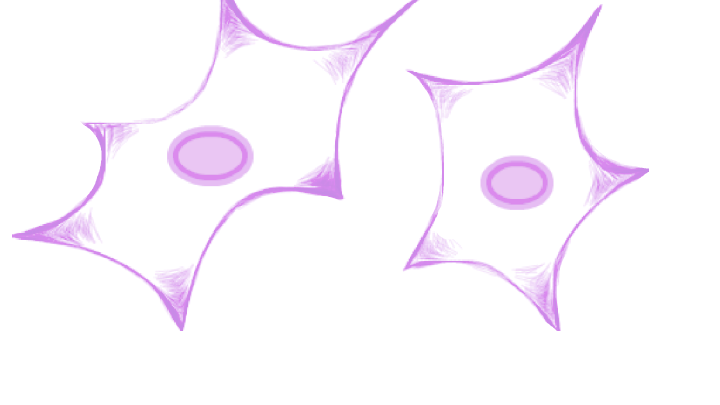Cell Senescence Entries for MAPK9
- Cell Types
- Epidermoid carcinoma
- Cell Lines
- A431
- Cancer Cell?
- Yes
- Method
- Overexpression
- Type of senescence
- Oncogene-induced
- Senescence Effect
- Inhibits
- Primary Reference
- Ke et al. (2010) The c-Jun NH2-terminal kinase 2 plays a dominant role in human epidermal neoplasia. Cancer Res 70(8)3080-8 (PubMed)
MAPK9 Gene Information
- HGNC symbol
- MAPK9
- Aliases
- JNK2; p54a; PRKM9; SAPK
- Common name
- mitogen-activated protein kinase 9
- Entrez Id
- 5601
- Description
- The protein encoded by this gene is a member of the MAP kinase family. MAP kinases act as an integration point for multiple biochemical signals, and are involved in a wide variety of cellular processes such as proliferation, differentiation, transcription regulation and development. This kinase targets specific transcription factors, and thus mediates immediate-early gene expression in response to various cell stimuli. It is most closely related to MAPK8, both of which are involved in UV radiation induced apoptosis, thought to be related to the cytochrome c-mediated cell death pathway. This gene and MAPK8 are also known as c-Jun N-terminal kinases. This kinase blocks the ubiquitination of tumor suppressor p53, and thus it increases the stability of p53 in nonstressed cells. Studies of this gene's mouse counterpart suggest a key role in T-cell differentiation. Several alternatively spliced transcript variants encoding distinct isoforms have been reported. [provided by RefSeq, Sep 2008].
MAPK9 Ontologies
- Gene Ontology
-
Process: GO:10628; positive regulation of gene expression
GO:6468; protein phosphorylation
GO:16310; phosphorylation
GO:48511; rhythmic process
GO:35556; intracellular signal transduction
GO:42752; regulation of circadian rhythm
GO:38095; Fc-epsilon receptor signaling pathway
GO:90398; cellular senescence
GO:34614; cellular response to reactive oxygen species
GO:71276; cellular response to cadmium ion
GO:10744; positive regulation of macrophage derived foam cell differentiation
GO:7254; JNK cascade
GO:18105; peptidyl-serine phosphorylation
GO:51090; regulation of DNA-binding transcription factor activity
GO:31398; positive regulation of protein ubiquitination
GO:46686; response to cadmium ion
GO:61833; protein localization to tricellular tight junction
GO:71803; positive regulation of podosome assembly
GO:1901485; positive regulation of transcription factor catabolic process
GO:2001235; positive regulation of apoptotic signaling pathway
GO:165; MAPK cascade
Cellular component: GO:5634; nucleus
GO:5737; cytoplasm
GO:16607; nuclear speck
GO:5829; cytosol
GO:5886; plasma membrane
GO:5654; nucleoplasm
GO:5739; mitochondrion
GO:43231; intracellular membrane-bounded organelle
Hide GO termsFunction: GO:166; nucleotide binding
GO:4672; protein kinase activity
GO:4674; protein serine/threonine kinase activity
GO:4712; protein serine/threonine/tyrosine kinase activity
GO:5524; ATP binding
GO:16301; kinase activity
GO:16740; transferase activity
GO:106310; protein serine kinase activity
GO:4707; MAP kinase activity
GO:5515; protein binding
GO:4705; JUN kinase activity
Homologs of MAPK9 in Model Organisms
- Caenorhabditis elegans
- jnk-1
- Danio rerio
- mapk9
- Drosophila melanogaster
- bsk
- Mus musculus
- Mapk9
- Rattus norvegicus
- Mapk9
In other databases
- GenAge model organism genes
- GenAge human genes
- This gene is present as MAPK9
External links
- OMIM
- 602896
- Ensembl
- ENSG00000050748
- Entrez Gene
- 5601
- UniGene
- 484371
- 1000 Genomes
- 1000 Genomes
- HPRD
- GenAtlas
- MAPK9
- GeneCards
- MAPK9
